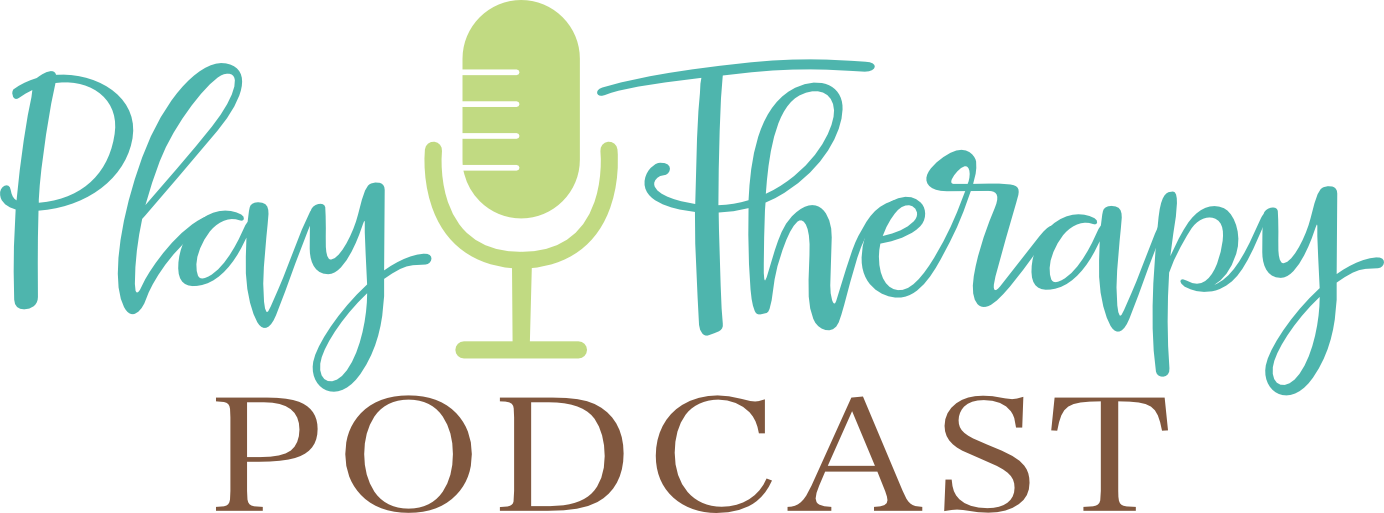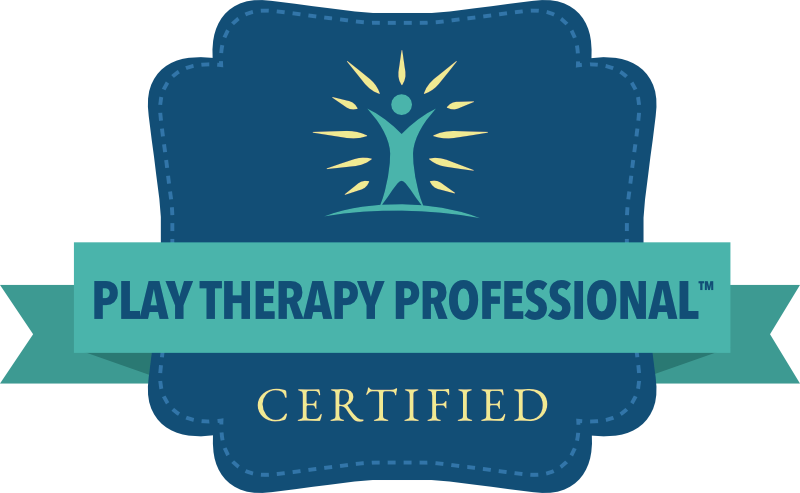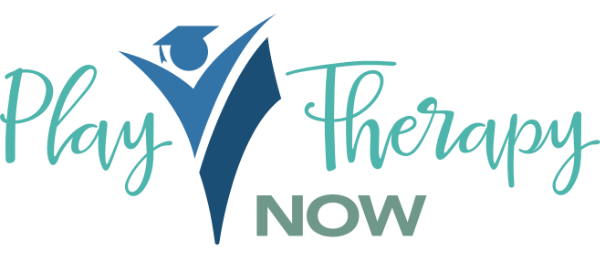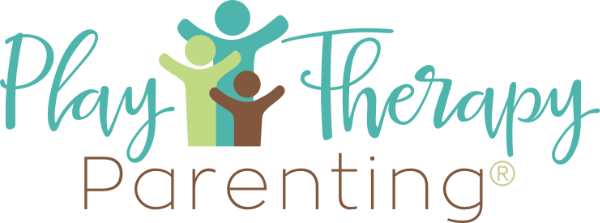Overview Of Reflective Responding
Reflective responding… empathic responding. Whatever it is you call it, it’s the skill that play therapists use to ensure that the child is heard, understood, and accepted. It’s how you stay present during the session. In this episode I cover the background, and the “why” we use reflective responding. So before we get into the specific language and phrases, it’s important to understand the big picture and why this is a foundational skill in child-centered play therapy.
Podcast HQ: https://www.playtherapypodcast.com
Email me: [email protected]








